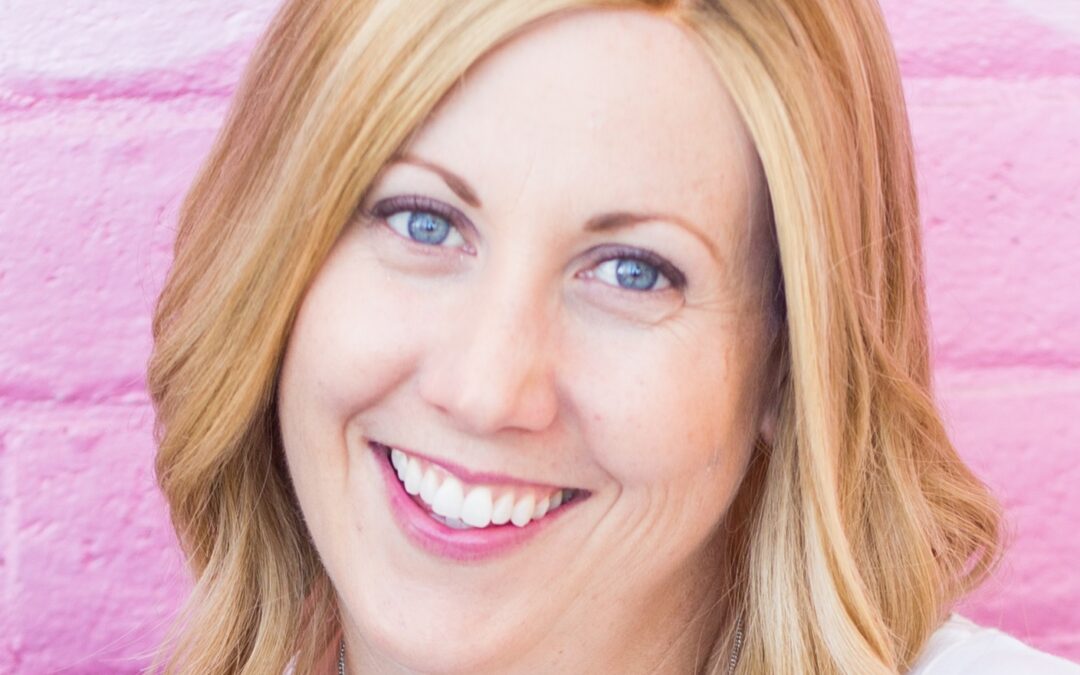As part of our broader spotlight series — where we highlight the amazing people involved in collegiate recovery — we are now featuring the profiles of our board members. Read more about their achievements, passion for collegiate recovery, how they got involved with ARHE, and find out their vision for the future of the field.
This week’s feature is Angie, Tozier Bryan.
Name, pronouns, institution, and title:
Angie Tozier Bryan, she/her
UC Santa Barbara
Recovery Program Manager/Behavioral Health Therapist
Can you tell us a bit about your program and how you got involved with collegiate recovery?
I started Gauchos for Recovery in 2012, after I joined UCSB Student Health Alcohol & Drug Program as a therapist. Being in long-term recovery myself, I recognized that there were not any services being offered specifically for students in recovery. At the time I did not know that other universities were doing anything like this, but I eventually discovered ARHE and got connected to the other campuses with CRPs to learn from what they were doing. GFR is now a thriving program that is primarily student-run, and operates as an “open model” without membership requirements. We welcome students who identify as being in abstinence-based recovery as well as those who may not be ready for that. We have expanded our program over the years to include targeted harm reduction efforts such as Naloxone distribution and other overdose prevention/response tools.
How long have you been on the ARHE Board of Directors and what is your role?
I am the Pacific Regional Rep and this is my third year on the board.
What attracted you to get involved as a board member at ARHE?
I was excited by the opportunity to help develop collegiate recovery as a field.
How do you envision collegiate recovery evolving over the next few years?
I think CRPs will begin to include more culturally informed pathways of recovery, and more services specifically for LGBT students. We need to understand and support the many intersecting identities of our students in recovery.
What’s been your favorite part of being involved with collegiate recovery and ARHE?
Being able to witness the growth and success of the students in my program is the greatest gift of my role. Since I serve in dual roles of being a therapist and the recovery program manager, some of the students in our CRP started out as clients of mine who were struggling with their substance use. I am very lucky to be able to follow them throughout their journeys in recovery. My favorite part of being involved with ARHE is the relationships that I have formed with other board members and other CRP coordinators. I also love the opportunities I’ve had to share my own experiences to help newly developing CRPs. I’ve also enjoyed the process of learning about non-profit board functions, as this is an area I didn’t have a lot of experience with previously.

